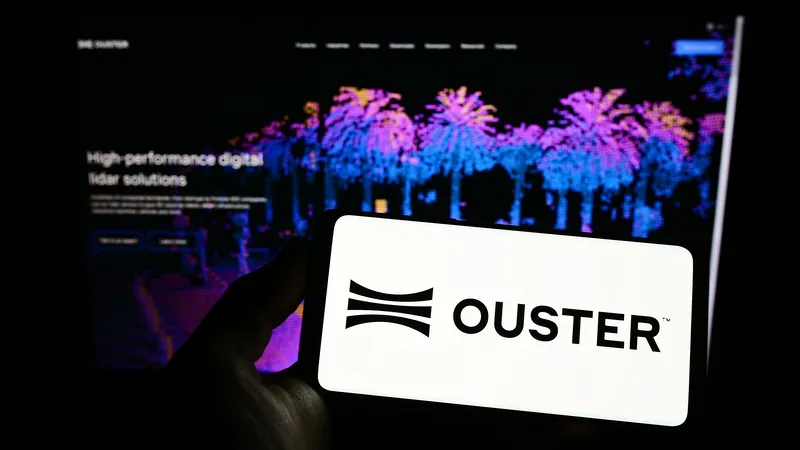
Lidar specialists Ouster and Velodyne are to merge in the first half of next year, subject to the usual approvals.
“Ouster’s cutting-edge digital Lidar technology, evidenced by strong unit economics and the performance gains of our new products, complemented by Velodyne’s decades of innovation, high-performance hardware and software solutions, and established global customer footprint, positions the combined company to accelerate the adoption of lidar technology across fast-growing markets with a diverse set of customer needs,” said Ouster CEO Angus Pacala.
“Together, we will aim to deliver the performance customers demand while achieving price points low enough to promote mass adoption.”
Velodyne CEO Dr. Ted Tewksbury said: “Lidar is a valuable enabling technology for autonomy, with the ability to dramatically improve the efficiency, productivity, safety, and sustainability of a world in motion. We aim to create a vibrant and healthy lidar industry by offering both affordable, high-performance sensors to drive mass adoption across a wide variety of customer applications, and by creating scale to drive profitable and sustainable revenue growth."
The companies say they expect to "unlock enormous synergies", with annualised operating expenditure synergies "of at least $75 million expected to be realised within nine months" of the transaction closing.
Their combined cash balance was approximately $355 million at the end of September.
Pacala will serve as CEO of the new entity, with Tewksbury executive chairman of an eight-member board.
Under the terms of the agreement, each Velodyne share will be exchanged for 0.8204 shares of Ouster at closing on 4 November. The transaction will result in existing Velodyne and Ouster shareholders each owning approximately 50% of the combined company, based on current shares outstanding.
Velodyne has just bought AI software company Bluecity, whose management, software development and sales teams will join Velodyne.
The companies have been partnering on Lidar-based solutions for smart city applications, such as Velodyne’s Intelligent Infrastructure Solution, which combines Velodyne's sensors and Bluecity’s AI software.









